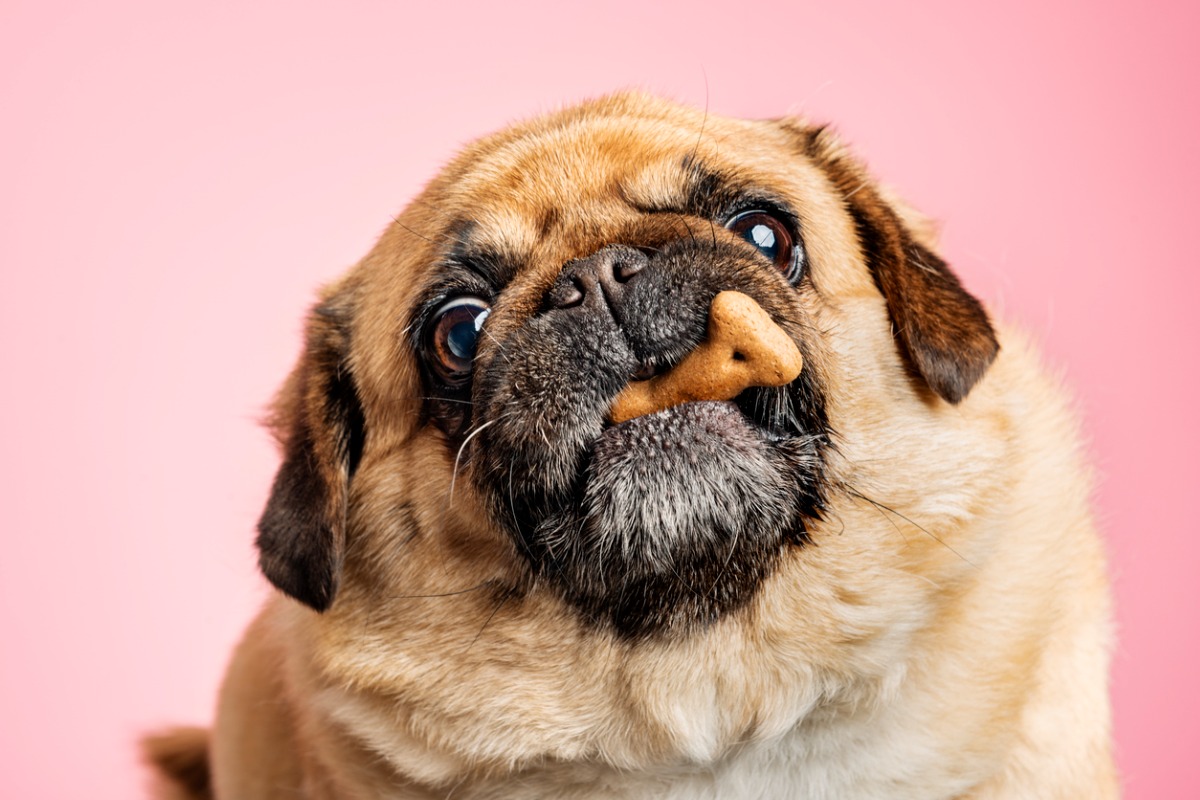Royal Canin has conducted a survey of more than 8,000 Australian and New Zealand pet owners, which found that 87 per cent of pet owners don’t consider their pet to be overweight.
This is despite an estimated 50 per cent of pets globally being overweight or obese*, showing a disconnect among pet owners about what constitutes a healthy weight for their pets.
The survey also found that 35 per cent of pet owners do not know how to check if their pet is overweight. However, despite the knowledge gap surrounding pet obesity, 96 per cent of pet owners surveyed consider obesity in pets to be a serious health condition.
Other key findings from the survey include that almost half (47 per cent) of pet owners did not weigh of measure the amount of food they give to their pet.
It also found that 81 per cent of pet owners provide specific treats (not their pet’s regular food) as a reward and 40 per cent of these pet owners provide treats to their pets every day as a reward for good behaviour/training aid.
When it comes to weight loss for their pets, reducing food intake was the most popular first step among pet owners (42 per cent), followed by changing their pet’s diet (29 per cent), limiting treats (nine per cent), and increasing their pet’s daily activity (five per cent).
The study also revealed that veterinary professionals can find addressing the topic difficult with pet owners.
A recent webinar series for animal health practitioners, led by Royal Canin Scientific Services Veterinarian Dr Corey Regnerus and Bariatric and Clinical Nurse Specialist Kate Berridge, discussed weight management in pets in detail.
Berridge noted like human health, weight management is not as simple as energy in versus output (eat less, move more).
“Our language around size is imperfect and complicated. This translates to tough conversations in a clinical setting when discussing the weight of their cats and dogs with pet owners.
“Within the current obesogenic environment, our experiences of our own bodies can so often be vulnerable and our emotions towards our pets and their weight is the same. Obesity is a difficult word to hear,” Berridge added.
Treats for animals is a new trend that makes it harder for pet owners to make decisions around what to feed their cats and dogs.
“With quality nutrition treats are not necessary and pet owners should be aware of looking for ways to show love to their pets without food,” she said.
Dr Regnerus added that extra weight impacts a pet’s quality of life and multiple health issues.
“Quite simply, our pets do not have the same dietary needs as us. Feeding them leftovers on top of their daily meals leads to weight gain and an imbalance in nutritional needs. If you are training your pets, consider mixing praise and pats in with treats. We recommend using a portion of their daily kibble as a reward.”
“An open and honest conversation with your animal health practitioner is the first step on the weight loss journey. They’ll be able to advise on the best course of action, which will often include regular movement, active bursts of playtime, portioning and a low-calorie diet like Royal Canin Satiety,” Dr Regnerus added.
* RC Weight Management Review; 2019 (10.2); based on review of Waltham Centre for Pet Nutrition and University of Liverpool research.
To stay up to date on the latest industry headlines, sign up to the Pet Industry News e-newsletter.

